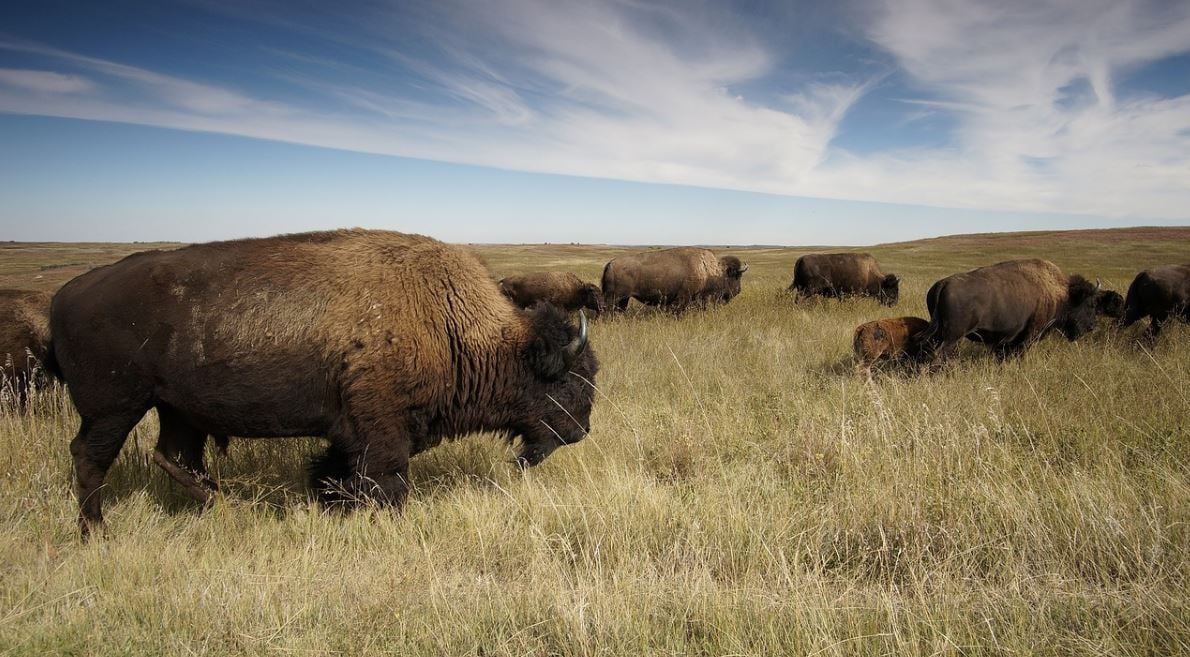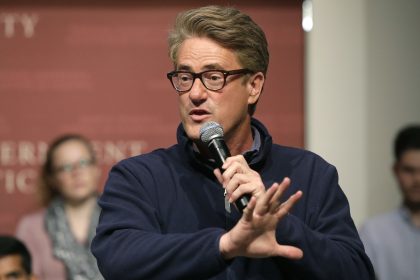Montana Judge Rules Secretary of State Can’t Override Governor’s Veto of Bison Bill

A judge in Helena, Montana ruled this week that Montana’s secretary of state does not have the authority to unilaterally override Governor Steve Bullock’s veto of a controversial bill changing the definition of what constitutes a wild bison.
In vetoing HB 132, Governor Bullock, a moderate Democrat who is currently running for president, said he feared the wording used to redefine a wild bison or wild buffalo would create confusion about whether bison in Yellowstone National Park should be considered domestic animals.
Bullock even offered suggested changes to the wording that were rejected by Republican Representative Kenneth Holmlund, the bill’s sponsor.
Holmlund’s bill defines a wild bison as one that has never been in captivity, never owned by a person and never subject to the state’s per capita livestock fee.
Opponents of the measure say the bill targets a conservation group that is acquiring land in central Montana with the aim of creating the nation’s largest private wildlife reserve that could one day be home to 10,000 bison.
But in the end, the dispute that brought the matter before Judge Michael McMahon in Montana’s 1st District Court wasn’t about definitions. It focused squarely on the timing of Bullock’s veto.
Secretary of State Corey Stapleton, a Republican running for governor in 2020, tweeted May 29 that House Bill 132 became law because Bullock didn’t deliver the veto to him within 10 days of the bill’s transmittal to his office.
Stapleton then assigned a chapter number to the bill and had it delivered to the code commissioner in the legislative branch on May 30 and a copy was mailed to the state Supreme Court.
Attorney Austin James, who represented Stapleton, argued the secretary of state was not overriding a veto, but acting according to his duties because the governor did not return the vetoed bill within 10 days.
Bullock’s staff said the Montana Constitution requires the governor to act on bills within 10 days. He received HB 132 on April 25 and vetoed it four days later, on April 29.
But Stapleton said he didn’t receive notice of the veto until May 22, well past the 10-day deadline.
During a preliminary hearing last week, another 1st District Court judge, James Reynolds, found that Bullock had “established facts” that if confirmed to be true would prove he vetoed the bill in a timely fashion and in compliance with the state Constitution.
Judge McMahon adopted that finding in its entirety as he dispensed the case.
McMahon went on to find that there is no such deadline for turning in vetoed bills and that Stapleton was improperly inserting one part of state law into another in making that argument.
Stapleton is now considering whether to appeal McMahon’s ruling to the state Supreme Court.
























